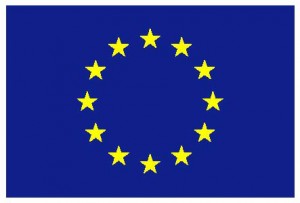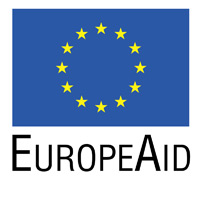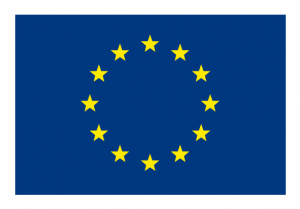EC Funding to Improve the Energy Efficiency of Public Buildings
The 5th Call for Proposals under its ITC-PSP programme is now open for applications; it aims to stimulate innovation and competitiveness through wider uptake and best use of ICT by citizens, governments and businesses. Deadline 01.06.11
Funding to Find European Project Partners
Grundtvig funds training opportunities for training, or to meet partners prior to submitting a Grundtvig Partnership or Senior Volunteering application, or to attend a Contact Seminar to find new partners can now apply for preparatory visits funding which will allow one person to visit prospective partners. Applications are accepted throughout the year on a rolling basis. You will need to submit your application no later than 8 weeks before a planned visit.
DEFRA Funding for International Biodiversity Projects
Funding applications are currently being invited under round 18 of the Darwin initiative which offers funds to encourage the sharing of UK biodiversity expertise with local partners in countries with a wealth of biodiversity, but who lack the means to protect these resources and to assist in meeting their international biodiversity commitments. Deadline 20.06.11



















 New CMWH paper on maternity care
New CMWH paper on maternity care From Sustainable Research to Sustainable Research Lives: Reflections from the SPROUT Network Event
From Sustainable Research to Sustainable Research Lives: Reflections from the SPROUT Network Event REF Code of Practice consultation is open!
REF Code of Practice consultation is open! ECR Funding Open Call: Research Culture & Community Grant – Apply now
ECR Funding Open Call: Research Culture & Community Grant – Apply now ECR Funding Open Call: Research Culture & Community Grant – Application Deadline Friday 12 December
ECR Funding Open Call: Research Culture & Community Grant – Application Deadline Friday 12 December MSCA Postdoctoral Fellowships 2025 Call
MSCA Postdoctoral Fellowships 2025 Call ERC Advanced Grant 2025 Webinar
ERC Advanced Grant 2025 Webinar Update on UKRO services
Update on UKRO services European research project exploring use of ‘virtual twins’ to better manage metabolic associated fatty liver disease
European research project exploring use of ‘virtual twins’ to better manage metabolic associated fatty liver disease